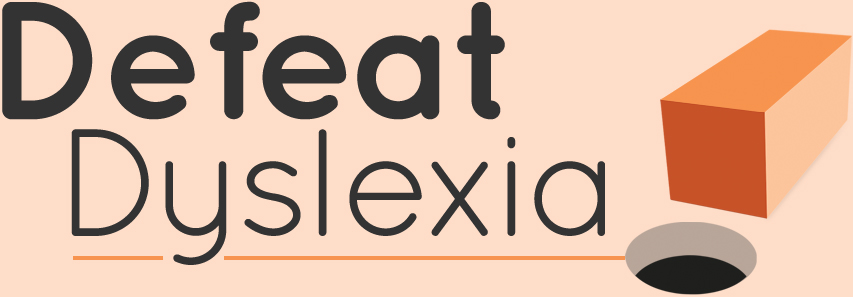The return of The X Factor last night saw a furniture maker from Leeds perform a haunting rendition of Ray LaMontagne’s ‘Jolene’. The problem he’d encountered being a part of bands in the past? His dyslexia made keeping up with the speed of learning required too difficult.
Sob story?
Although some viewers railed against the “sob stories” that often accompany contestants’ intros, James Wilson’s story is likely to be achingly familiar to many dyslexic individuals and their parents.
Diagnosed with dyslexia at 6/7, James, now 34, confesses he “more or less” cannot read. Instead, he learns the lyrics to songs by listening to them “over and over and over and over again”.
Check out James’s audition below:
Other popstars who have dyslexia
If James does hit the bigtime, he’ll join an impressive array of superstars with dyslexia.
These include popstars Cher, Toyah Willcox, Joss Stone, Florence Welch (of Florence and the Machine), and rockstars Butch Walker and Noel Gallagher (of Oasis). The X Factor judge Sharon Osbourne’s former (or is it present?) husband, Ozzy, also has dyslexia.
In my opinion, there are probably many more famous musicians on the dyslexia spectrum who simply don’t have formal diagnoses. Artistic pursuits like singing often act as a refuge for dyslexic children who struggle in school. Reading and writing may prove difficult, so instead many dyslexics channel their energy into becoming fantastic performers.
Music is good for dyslexics
Parents may be surprised to learn that music is good for dyslexics!
Even basic musical training can help to improve dyslexic weaknesses
Even the most basic musical training (e.g. finding the beat, clapping rhythms, learning to sing in tune) can help to improve common dyslexic weaknesses. It sharpens your listening skills, so that you’re better able to pick out the individual sounds within words (which is important for learning to read and spell).
Learning an instrument on top of singing can also provide a fun new way to build up strengths in organisation, concentration – and reading, too.
Parents shouldn’t worry about the expense of getting private music lessons for their child, either. Try out low-cost alternatives, such as a choir, bell-ringing, or drumming (perhaps as part of a samba band).
Defeating dyslexia, even in adulthood
What’s more, adult dyslexics like James Wilson need not feel resigned to having limited reading and writing skills. If you can’t read a newspaper, tell the time, spell, or do maths by the time you reach adulthood, it’s easy to assume you’re too old to fix the problem. In fact, it’s never too late!
The same strategies that children use to overcome dyslexia can also be used by adults. Check out my book, Defeat Dyslexia! for ideas.






Leave a Reply